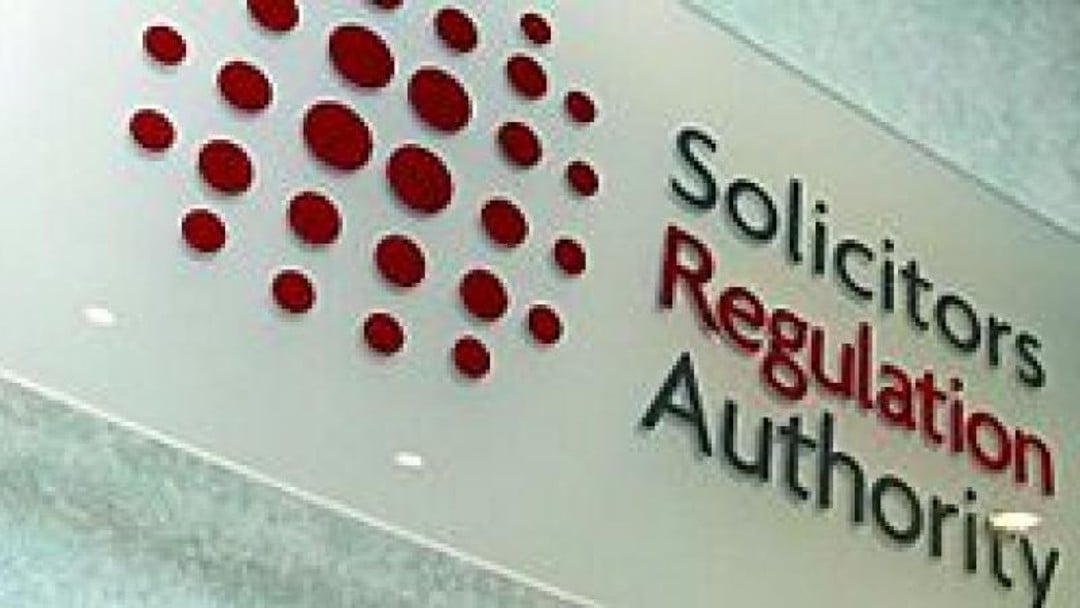SRA urges competition watchdog to help it secure independence

Regulator criticised by the Law Society over reforms to its Accounts Rules and handbook
Regulator criticised by the Law Society over reforms to its Accounts Rules and handbook
The Solicitors Regulation Authority (SRA) has 'strongly encouraged' the Competition and Markets Authority (CMA) to find a 'specific remedy' that pushes the government to legislate for its independence from the Law Society.
Responding to the CMA's interim report on the legal services market, the SRA supported the watchdog's view that a 'key principle should be to ensure full independence of the regulator from the providers it regulates'.
The regulator also criticised the Law Society for struggling 'to regulate and represent solicitors'. However, Chancery Lane hit back and expressed disappointment that the SRA was 'still critiquing the regulatory framework set out by parliament and overseen by the Legal Services Board (LSB)'.
The Law Society added that the reforms currently proposed by the SRA to simplify its handbook and Accounts Rules risked 'weakening client protection and damaging the reputation of the solicitor profession both at home and abroad'.
Crispin Passmore, executive director of policy at the SRA, said the regulator was committed to giving solicitors and firms more flexibility and meeting the high standards expected by consumers.
'We are moving away from hundreds of pages of complex rules which are difficult for many solicitors and firms - not to mention new market entrants - to understand. Our proposals set out client protections even more clearly, with a simpler, shorter and sharper handbook.
'Ultimately, there is a big difference between protection and protectionism. We want an open, affordable legal market that the public can access and trust. We are pleased that the CMA proposals are entirely in keeping with our reforms. And that they have also recognised as a key principle the importance of independent regulation. Again that is crucial if we are to build public trust.'
The CMA is exploring the prospect of an alternative regulatory framework that is proportionate and risk based to improve competition, but it acknowledged the transitional costs and regulatory uncertainty that could arise as a result.
Both the Law Society and the SRA believe the legal market is the biggest driver of sustainability as they look to avoid the possibility of regulatory intervention.
Catherine Dixon, chief executive of the Law Society, said: 'Where possible, solutions driven by the market are preferable to those imposed by regulation that may have unintended adverse consequences. Any structural changes should only be imposed if market solutions have been exhausted, and the costs and benefits of proposals on consumers and the profession must be fully and transparently assessed.'
Passmore added: 'We are pleased that the Law Society considers that market driven solutions are preferable. That is why we have cut over 40 pieces of bureaucracy in the last 18 months. And our "Looking to the Future" reforms look to build on recent work to cut unnecessary regulation and free up firms to do business. That includes removing the ban on solicitors offering their services in the expanding alternative legal services market.'
The CMA also suggested that changes to the framework would be ineffective unless transparency over cost and service were addressed.
In its own response published earlier in August, the LSB voiced its support for regulatory reform saying that consumer behaviour alone would not deliver much-needed change.
Transparency can be improved and consumers empowered,' said LSB chief executive Neil Buckley, but 'we believe there are other inherent features of legal services which make it challenging to rely on consumers alone to actively shape the market.'
In particular, Buckley said, 'well-designed market transparency measures need to be advanced in tandem with regulatory reform of the legislative framework as this could contribute directly to increasing competition in this sector'.
The interim report also found that consumers were hampered by a lack of information over the service provided by lawyers while limited price transparency was harming the ability of individual and small business customers to drive competition despite the increased prevalence of fixed fees.
In its response the SRA said issues around greater price transparency were not insurmountable. It attributed the problem to the many risk-averse small businesses that provide legal services which were reluctant to offer fixed fees to consumers; and firms charging different prices to different consumers due to the limited extent to which consumers shop around.
The CMA's report found that just 22 per cent of the public would compare providers before choosing one - often relying on recommendations from friends or family - reinforcing the recent findings of the LSB that consumers are hindered by a lack of information.
The SRA attributed this to the absence of effective comparison tools that exist in the legal profession which makes it difficult for consumers to compare providers. Without these, it said, there are a lack of incentives to firms to provide information or sign up to comparison websites.
The CMA's report is part of a market study launched in January which aims to discover whether customers are getting a 'good deal' amid concerns about the standards and affordability of legal services.
The deadline for comments on the interim report has now passed. The CMA must its final report by 12 January 2017.
Matthew Rogers is a legal reporter at Solicitors Journal @sportslawmatt matthew.rogers@solicitorsjournal.co.

